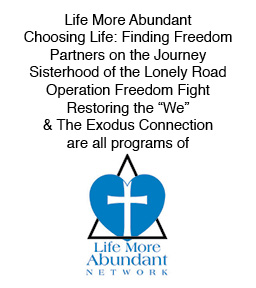Some of you reading this blog may suspect you need additional help to change your behaviors, but just don’t know where to find it.
We have found that the peer support found in a grace-based recovery group can be especially beneficial, but they can sometimes be hard to find. If you are having difficulty locating any sexual addiction recovery groups in your area, an extended series of sessions with a counselor can be a helpful substitute IF that counselor understands addiction. Unfortunately, many therapists have not had experience in this area and can, quite unintentionally, create a very unsafe environment for strugglers and their spouses. Asking these five questions of a potential counselor can help you zero in on a therapist that is likely to have the skills and understanding that you need.
1. Do you acknowledge sexual addiction as a real and treatable addictive problem?
Unenlighted counselors may view sexual addiction as simply bad behavior, a sin problem, or a “boys will be boys” lust problem. All of these are an oversimplification of a difficult multi-faceted problem. Behavioral change, repentance or squelching of the lustful nature are not sufficient in themselves to bring about a permanent change.
2. Have you had experience successfully treating sexual addiction?
Many counselors, especially in the secular community, have had little or no success in their attempts to help those struggling with sexual addiction. It is important to find an individual who has a solid history of working with these types of compulsive behaviors and a notable track records of long term relapse prevention in their clients.
3. What do you believe are the core issues of sexual addiction?
Popular therapy often cites lust as the core issue of sexual addiction. The Christian community may view it as a sin issue. Although both lust and sin are involved, they are only symptoms of the beliefs, fears and, often, trauma are the real issues of sexual addiction.
4. What, if any Christian beliefs, activities or resources do you utilize in your treatment approach?
The most promising therapy processes for sexual addiction rely heavily on the Holy Spirit and prayer to isolate core beliefs, and help renounce survival lies that have been accepted as truth. Without God’s intervention throughout the healing process, success rates are dramatically lower.
5. What, in your opinion, can a wife do to help a husband that is struggling with sexual issues?
If there is any indication that the counselor believes that the wife is overreacting to her husband’s actions or that they think that sexier underwear, increased sexual initiation or a more open mind on the part of the wife will solve the problem, this is not a person that can help.
“Without good direction, people lose their way; the more wise counsel you follow, the better your changes.” —Proverbs 11:14 (The Message)


Leave A Response